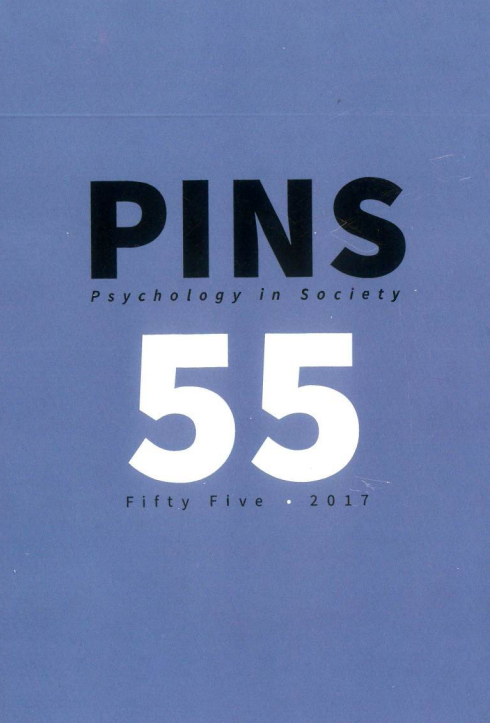“We do not want the Commission to allow the families to disappear into thin air”: A consideration of widows’ testimonies at the Truth and Reconciliation Commission and the Farlam (Marikana) Commission of Inquiry
DOI:
https://doi.org/10.17159/2309-8708/2017/n55a4Keywords:
Mlangeni, TRC, Marikana, political widow, Farlam Commission, Lonmin, subaltern, narrativeAbstract
Using Gayatri Spivak’s famous question about whether the “subaltern” can speak, this article addresses the testimonies given to the Farlam Commission of Inquiry by the widows of miners who had been killed in police shootings while engaged in an unprotected strike at Lonmin’s platinum mine at Marikana in August 2012. The widows were required to face down the dominant narrative disseminated by mine management and other business as well as state interests, which held that the police had acted in self-defence after the strikers had threatened to attack them. I argue that the widows consciously sought to undo the dominant narrative through their testimonies, assuming the role of a new kind of “political widow” as theorised by Mamphela Ramphele (1996). The article begins with a detailed consideration of the testimony of Sepati Mlangeni whose husband had been murdered by an agent of the apartheid state, delivered to the Truth and Reconciliation Commission (TRC) in the 1990s. This sets the scene for the questions that might be asked and the observations made of the Marikana widows’ testimonies presented to the Farlam Commission almost twenty years later.
Downloads
Downloads
Published
How to Cite
Issue
Section
License
This journal is an open access journal, and the authors' and journal should be properly acknowledged, when works are cited.
Authors may use the publishers version for teaching purposes, in books, theses, dissertations, conferences and conference papers.
A copy of the authors’ publishers version may also be hosted on the following websites:
- Non-commercial personal homepage or blog.
- Institutional webpage.
- Authors Institutional Repository.
The following notice should accompany such a posting on the website: “This is an electronic version of an article published in PINS, Volume XXX, number XXX, pages XXX–XXX”, DOI. Authors should also supply a hyperlink to the original paper or indicate where the original paper (http://www.journals.ac.za/index.php/pins) may be found.
Authors publishers version, affiliated with the Stellenbosch University will be automatically deposited in the University’s’ Institutional Repository SUNScholar.
Articles as a whole, may not be re-published with another journal.
The copyright of the article(s) lies with the author(s).
The copyright of the journal lies with PINS-psychology in Society.
The following license applies:
Attribution CC BY-NC-ND 4.0 - https://creativecommons.org/licenses/by-nc-nd/4.0/

